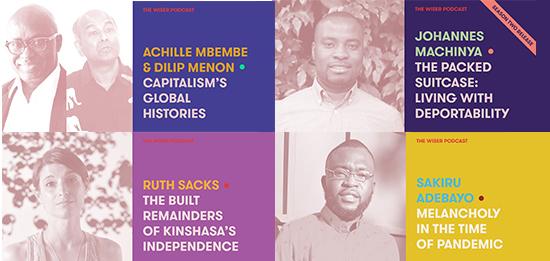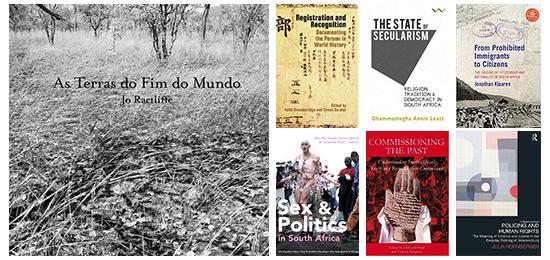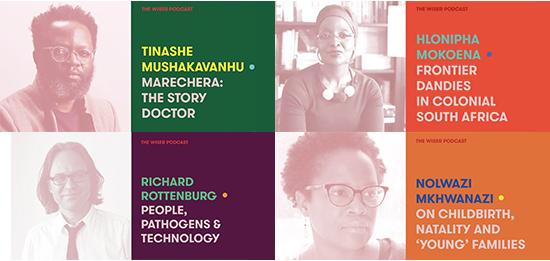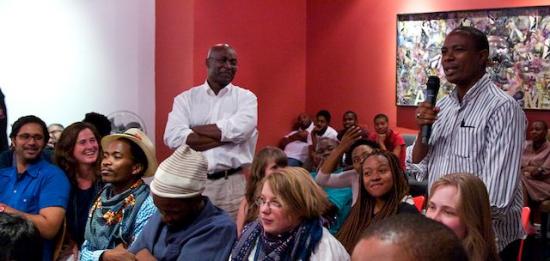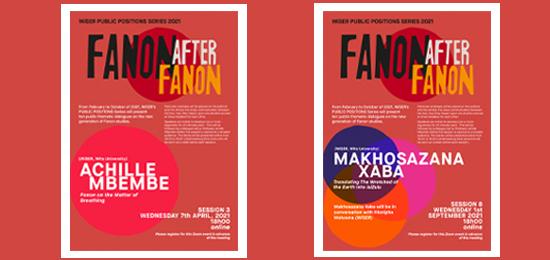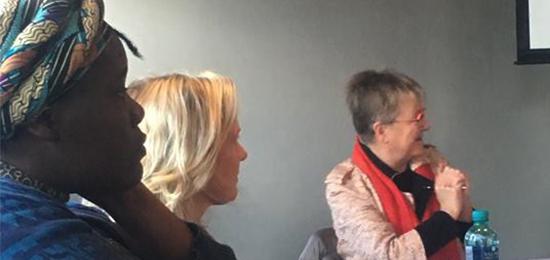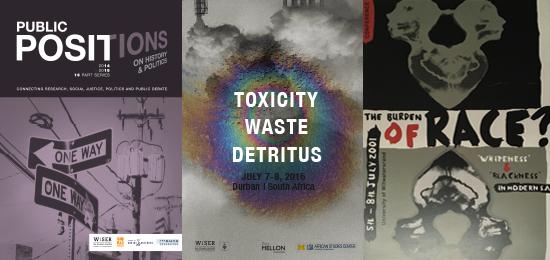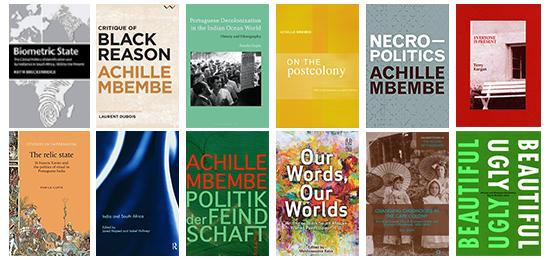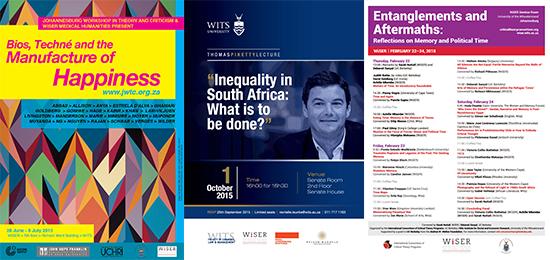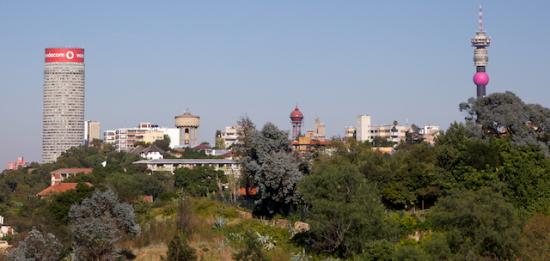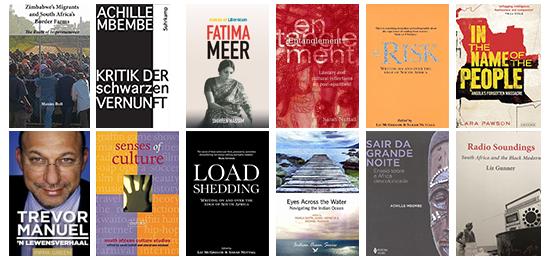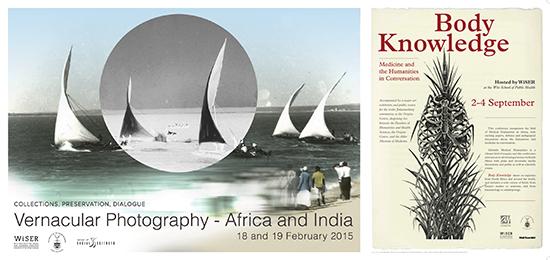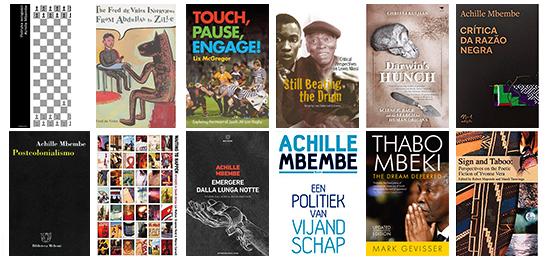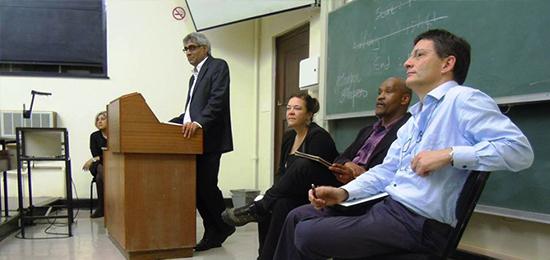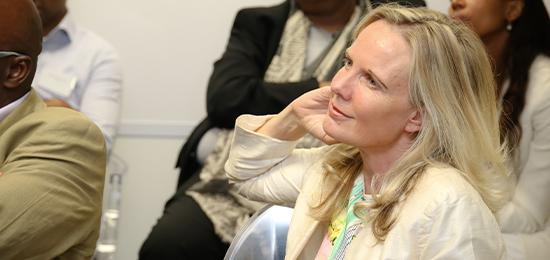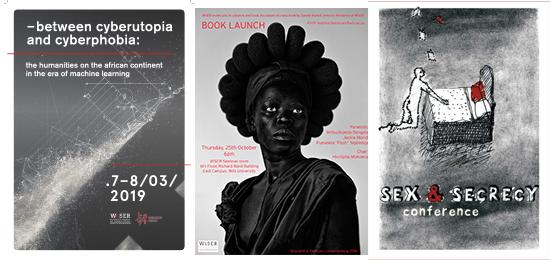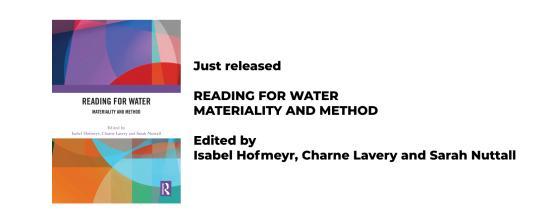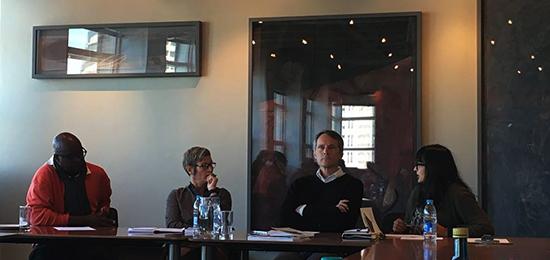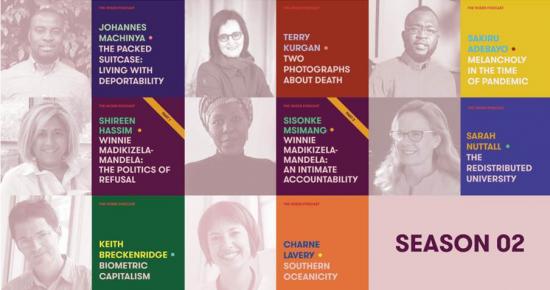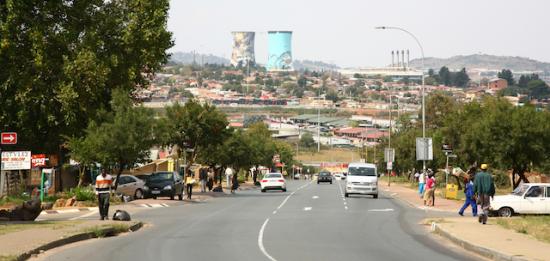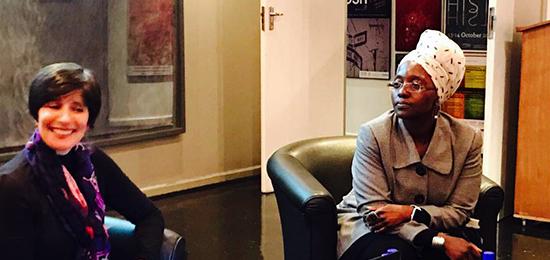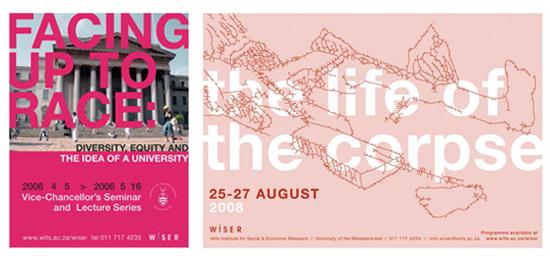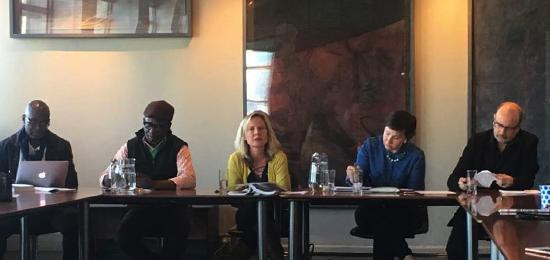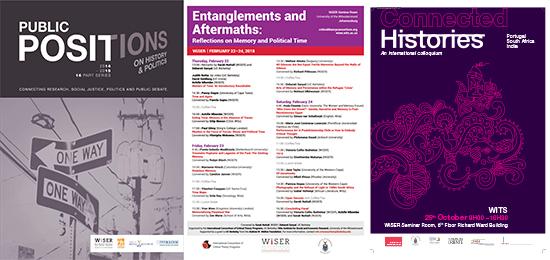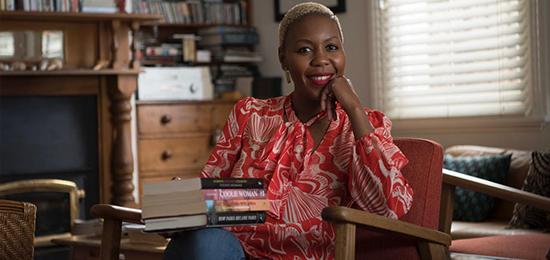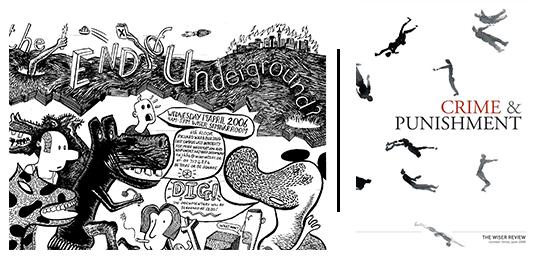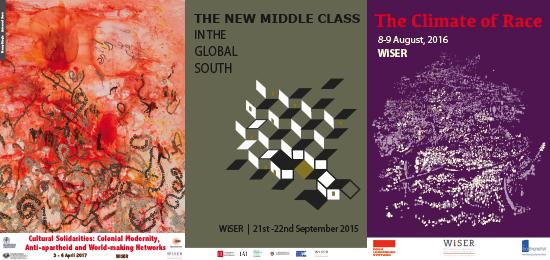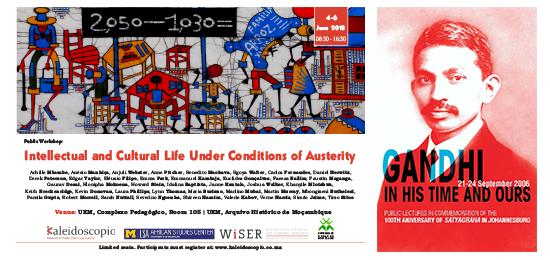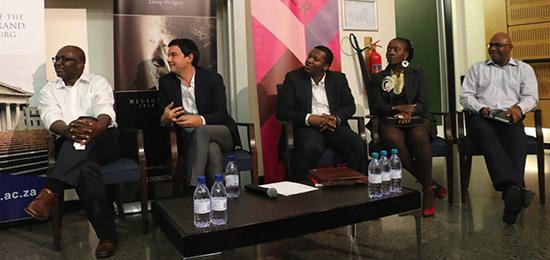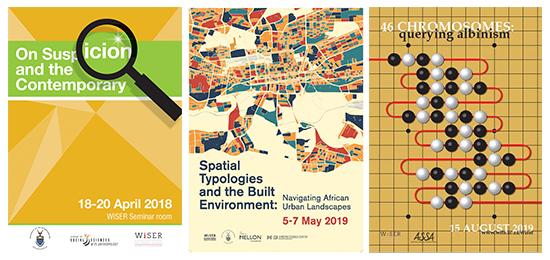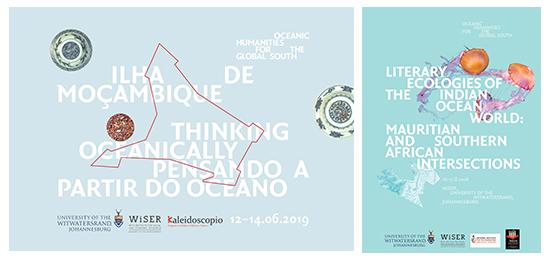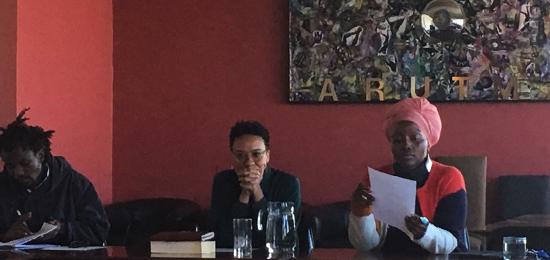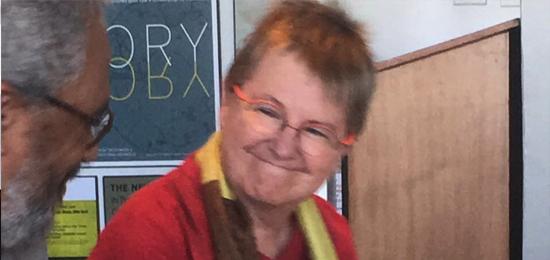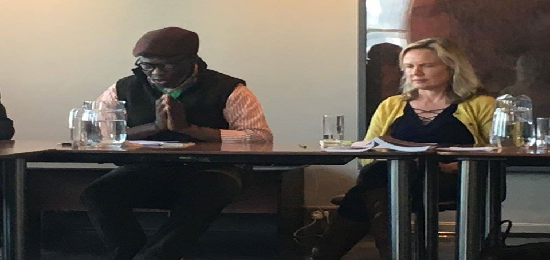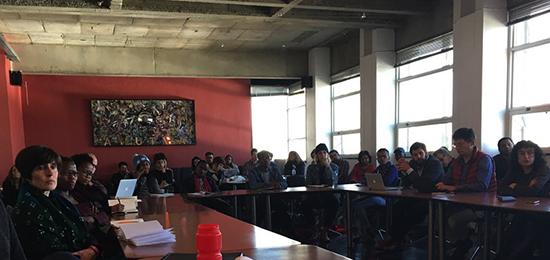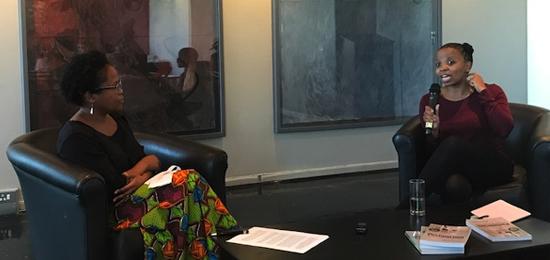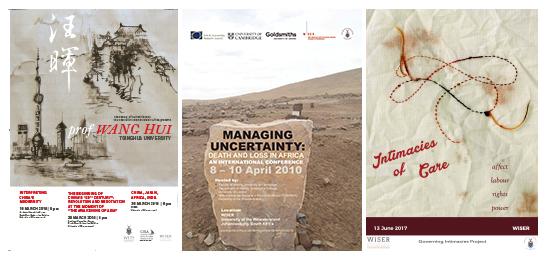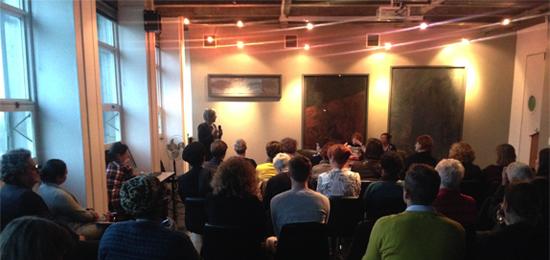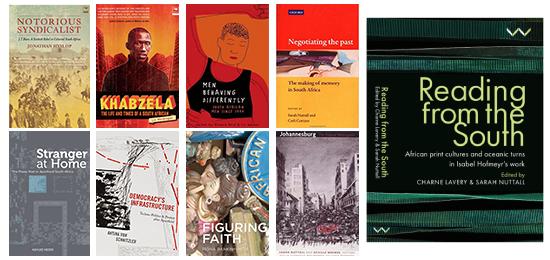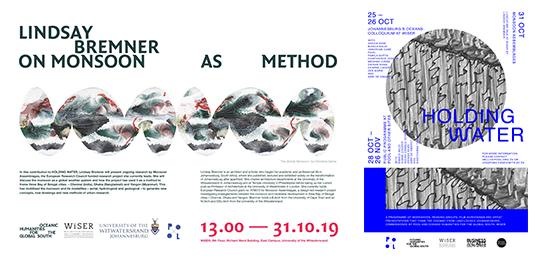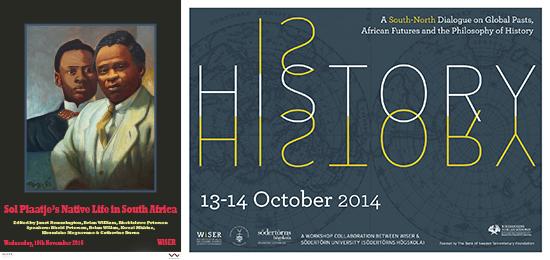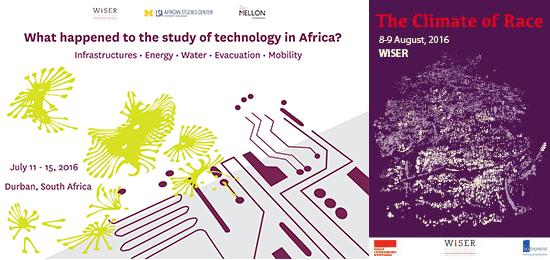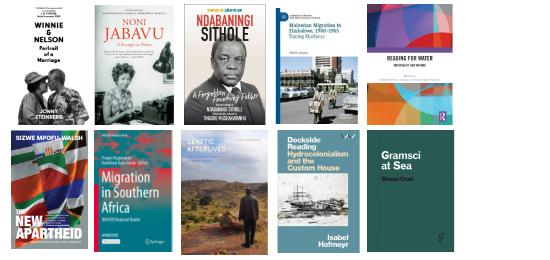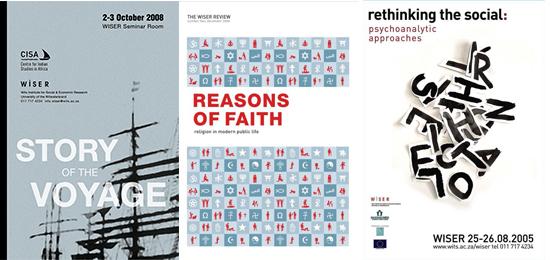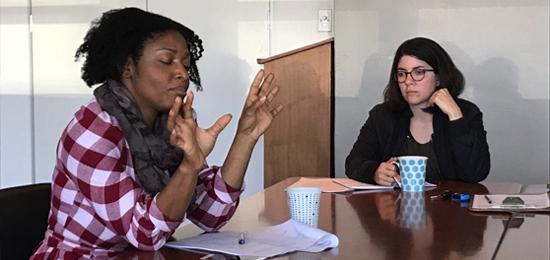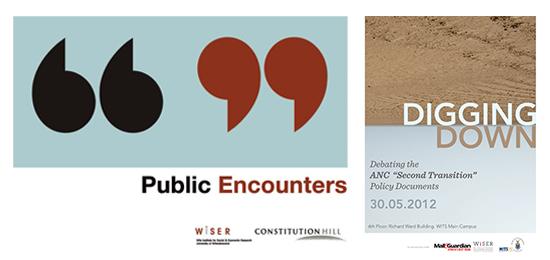Just Health? : Law, Constitutionalism and Postcolonial Dis-ease
Monday, 7 September, 2020 - 16:00
Presented by :
In this paper, I outline a certain landscape of the judicialization of health in South Africa. The “judicialization of health” refers to ways in which claims to health are made through the law (Biehl and Petryna 2011). This has happened with increasing frequency and significance in the so-called “global South” over the past two decades. South Africa has emerged as an exemplary locale for the manifestation and shaping of this phenomenon, in ways that have exceeded mere contractual dispute in order to adjudicate fundamental ethical, moral or constitutional principles, often taking recourse to discourses of rights. The judicialization of health is part of a more general contemporary global Southern phenomenon of the judicialization of politics, as diagnosed by Jean and John Comaroff (2006). I will briefly read four important post-apartheid South African cases pertaining to health: Minister of Health v. Treatment Action Campaign, Dudley Lee v. Minister of Correctional Services, Mankayi v. AshantiGold Private Ltd., and Nkala v. Harmony Gold Mining & Others. I will not, however, read them evenly. Non-similar, complex issues of fact, law and judgment emerge in each of these cases, and each is worthy of more extensive consideration in its own right. There are also similarities between the cases: in one way or another, all of them involve the explicit adjudication of constitutional principles, especially Section 27 of Chapter 2 of the Bill of Rights, which guarantees the right to health as a socio-economic right. However, what is at stake is no mere formal application of a “right”, as something that is given, to a “case”, as something that is presented. Rather, each case presents an ethnographic question of its situation: what does one need to know in order to understand each case, historically and politically, in a conjuncture of transition from an apartheid regime to post-apartheid democracy? This is a question both of situating the South African Constitution politically in the country’s post-apartheid transition, and of situating its Constitutional Court as an institution mandated with the task of ensuring that constitutional principles are adhered to in post-apartheid governance.

